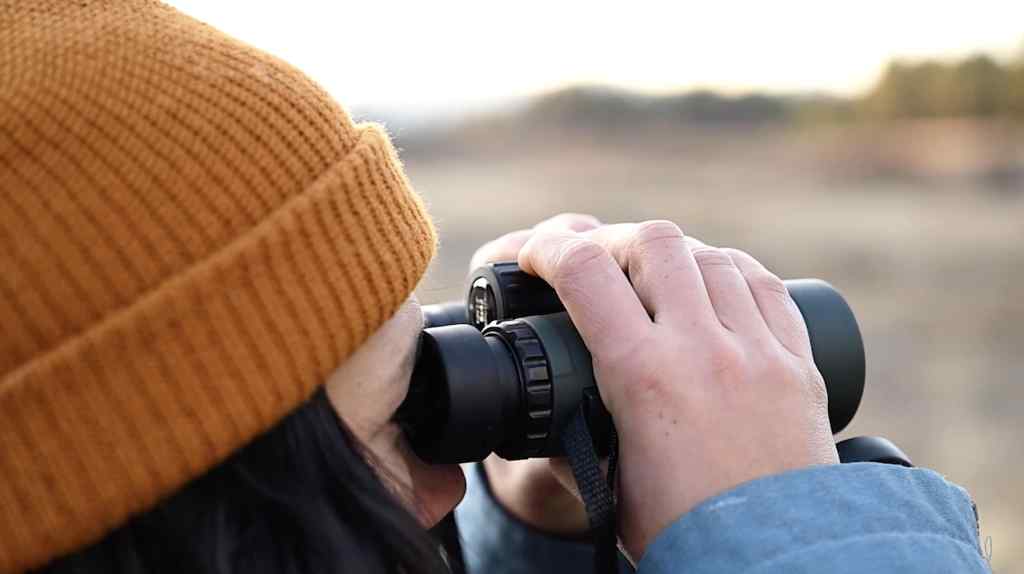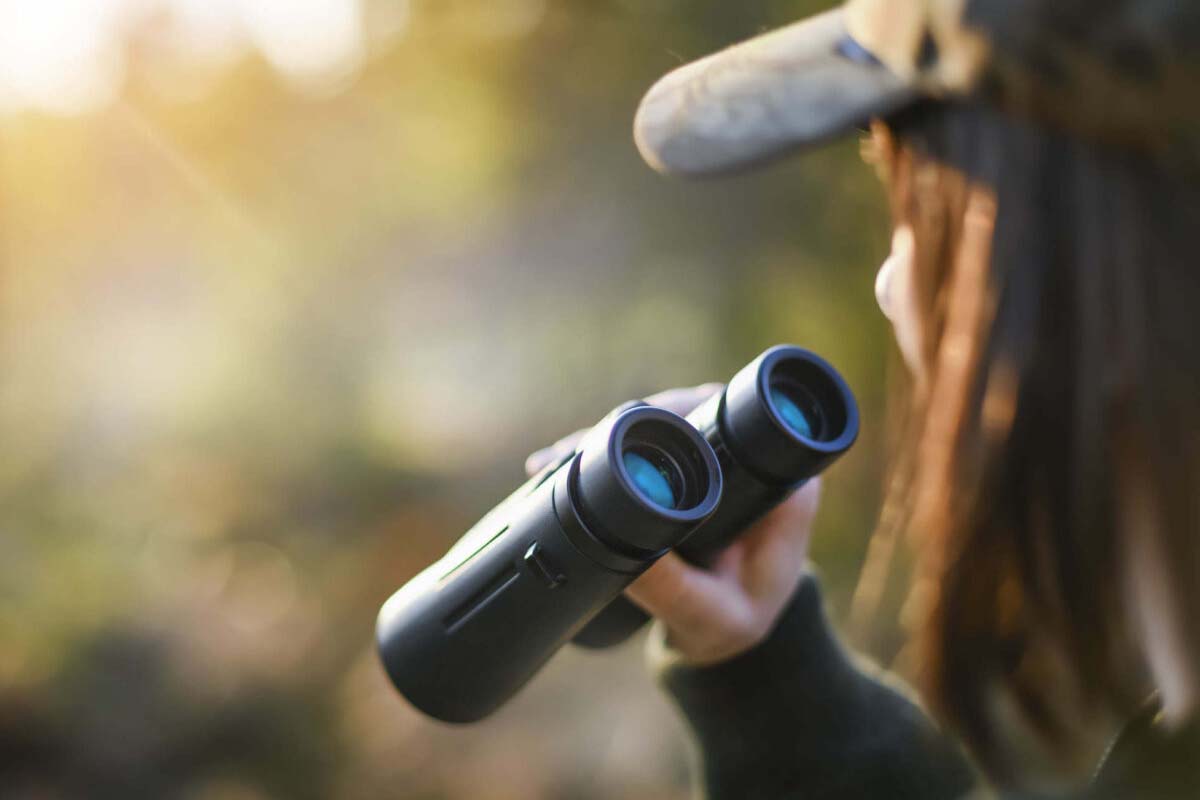Best Telescopes for Hobbyists: What to Consider?
For those searching for the best telescopes for hobbyists, the task may seem daunting. With various options on the market, amateur astronomers often need advice on choosing the right telescope that aligns with their interests, skills, and budget. This article aims to guide you through the essential factors to consider when making your selection, especially if you are a professional photographer intrigued by astrophotography.
Telescopes open up a whole new world of photography opportunities. By blending your passion for the cosmos with photography, you can capture breathtaking images of planets, stars, and even distant galaxies. But before you embark on this exciting journey, let's address some crucial questions!

Understanding Different Types of Telescopes
Before diving into specific models, its essential to familiarize yourself with the different types of telescopes. The primary categories include:
- Refracting Telescopes: Utilize lenses to gather and focus light. Ideal for planetary observations.
- Reflecting Telescopes: Employ mirrors and are best suited for deep-sky observations.
- Catadioptric Telescopes: Combine lenses and mirrors, providing versatility for various observing needs.
If you want to delve deeper into these types, consider visiting Types of Telescopes.
Essential Features to Look For
When researching the best telescopes for hobbyists, pay attention to the following features:
- Aperture: This is the diameter of the primary lens or mirror. A larger aperture allows more light capture, which is crucial for viewing dim objects in the night sky.
- Mount Type: The mount affects ease of use and tracking capabilities. Go for either an equatorial or altazimuth mount based on your observing style.
- Portability: If you intend to travel for stargazing, consider the weight and size.
Best Telescopes for Hobbyists
Now let's explore some of the top telescopes for hobbyists that promise excellent performance without breaking the bank:
1. Celestron AstroMaster 70AZ Telescope
This beginner-friendly telescope features a 70mm aperture for clear images of celestial objects, making it an excellent choice for hobbyists looking to take their first steps into astronomy.
2. Orion StarBlast 4.5 Astro Telescope
Known for its portability and ease of use, the Orion StarBlast is ideal for those who wish to travel and capture stunning images of the night sky.
3. Meade Instruments Infinity 102mm Telescope
Offering great optics and a range of accessories, this telescope is perfect for both viewing and photographing celestial events.
Connecting Photography and Astronomy
As a professional photographer, the prospect of combining your skills with astronomy opens up new avenues. The best telescopes for hobbyists often come equipped with features that facilitate astrophotography, such as:
- Camera Adaptability: Look for telescopes compatible with your camera model.
- Tracking Systems: These help in keeping celestial objects in view while you photograph.
- Sturdy Tripods: Necessary for stability during long exposure shots.
To further enhance your astrophotography, check out Best Astrophotography Telescopes.
Tips for Successful Astrophotography
Once youve chosen the right telescope, keep these tips in mind:
- Be Patient: Good things come to those who wait, especially in astronomy.
- Learn Your Equipment: Familiarize yourself with the telescope's features and camera settings for optimal results.
- Experiment with Settings: Different celestial objects require different exposure times and ISO settings.
Frequently Asked Questions
1. What is the best telescope for a beginner?
The Celestron AstroMaster 70AZ is highly recommended due to its user-friendly features and portability.
2. Can I use my DSLR camera with a telescope?
Yes, many telescopes are compatible with DSLR cameras, especially if they have adaptable mounts.
3. How much should I spend on a good telescope?
A quality telescope for hobbyists generally ranges from $100 to $500, depending on the features you need.
Looking for budget-friendly options? Explore our guide on Best Budget Telescopes for more details on affordable telescopes that dont compromise on quality.

Final Thoughts
Choosing the best telescopes for hobbyists involves understanding your needs and ensuring compatibility with your photography skills. Look for features that support both viewing and imaging, and don't hesitate to invest time in learning about astrophotography. With the right equipment, youll be capturing the mysteries of the universe in no time!

